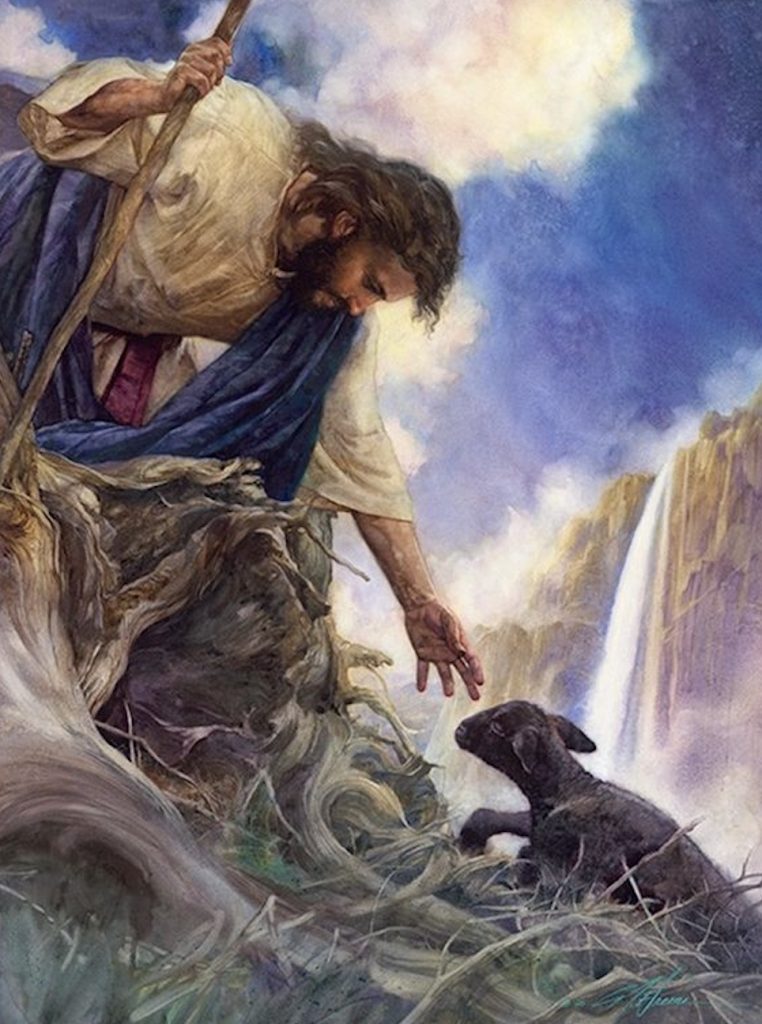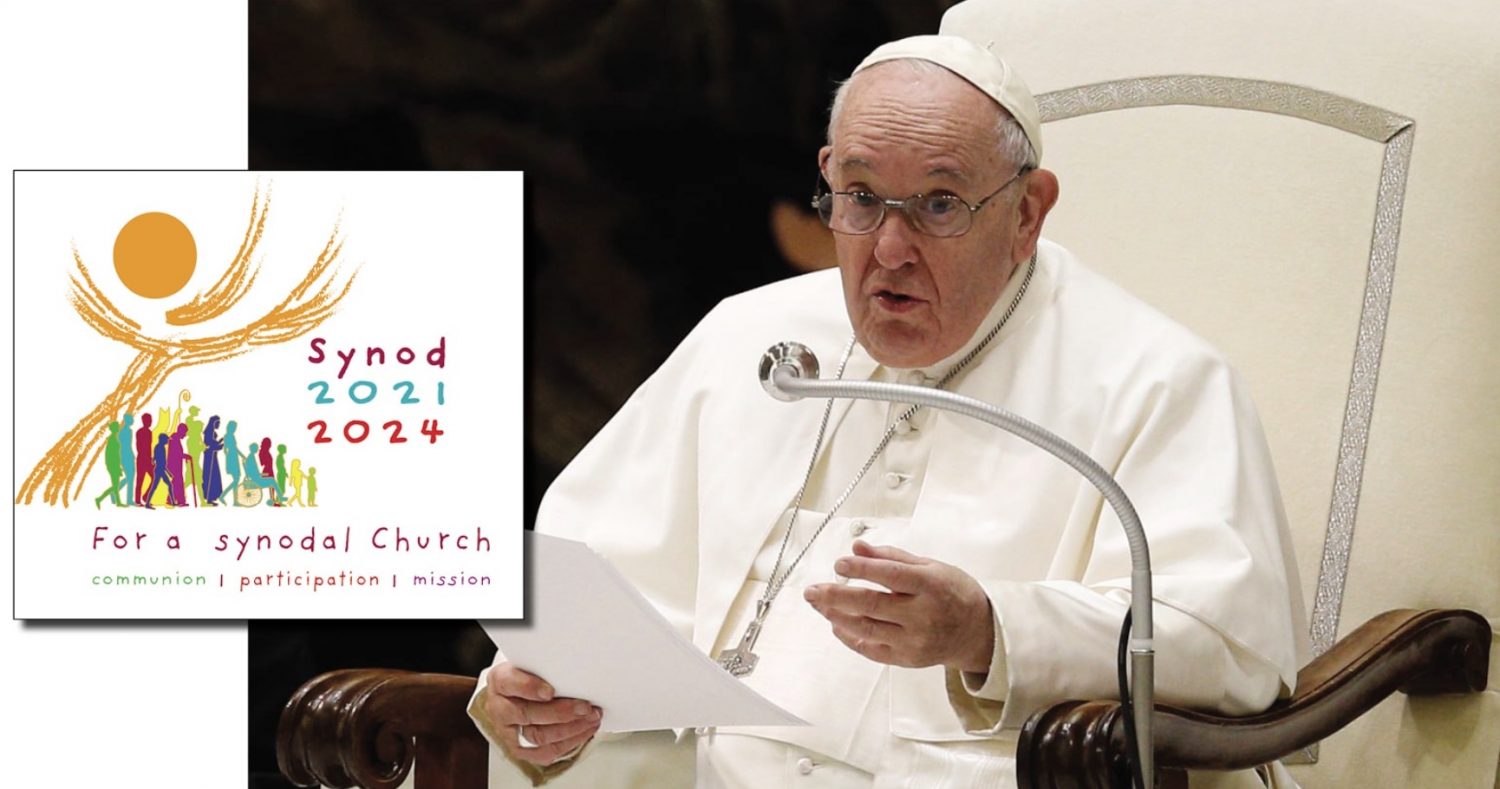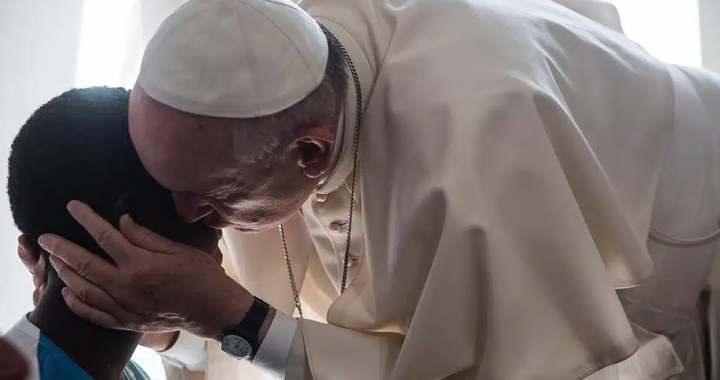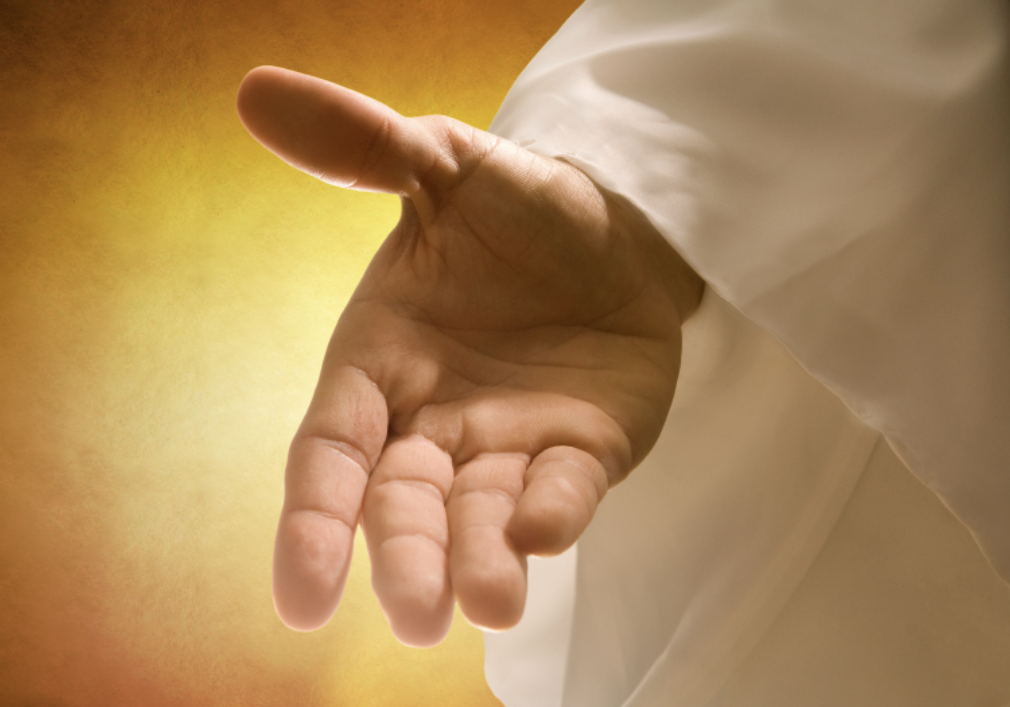Since his election in 2013, the Holy Father has sought those on the Church’s margins
“We need to enter the darkness, the night in which so many of our brethren live. We need to be able to make contact with them and let them feel our closeness,” says Pope Francis.
This is the way of the Divine Shepherd who would leave an entire flock behind in search of the one lost sheep (Luke 15:1-7). In making this point, the Holy Father recalls the Gospel of Luke 17:11-19 and Matthew 8 when Christ ignored Jewish religious decrees and went out of His way to heal lepers, who were declared impure, cast out from societies and had to live in isolation.
According to the Law of Moses, lepers had to be excluded from the city and encampments (Leviticus 13:45-46) and forced to dwell in places that were deserted. In addition to suffering from the illness, they faced exclusion, marginalisation and loneliness.
This excerpt from the Gospel shows us two kinds of logic and thought and faith, Pope Francis points out. On the one hand, he adds, there is the fear of losing the just and saved, the sheep that are already safely in the pen. On the other hand, there is a desire to save sinners, the lost, those on the other side of the fence.
“The first is the logic of the scholars of the law,” says the Pope. “The second is the logic of God, who welcomes, embraces and transfigures evil into the good – transforming and redeeming the lost, and transmuting condemnation into salvation.”
The above is taken from the 2016 book, The Name of God is Mercy, which is a wide-ranging interview with Pope Francis by Vatican Insider journalist Andrea Tornielli. His quotes from it are used extensively in this article.
As the title of the book reveals, the Vicar of Christ has chosen to follow the way of Christ since his election in 2013 as Shepherd of the Universal Church. “Mercy” has been the cornerstone of his pontificate.
“Mercy is real. It is the first attribute of God,” says the Pope. “Theological reflections on doctrine or mercy may then follow, but let us not forget that mercy is doctrine.”
Tracing the footsteps of Christ right from the start, the Holy Father has been reaching out to “the outcast” who have been marginalised to the fringes of the Church – divorced Catholics, those with same-sex attraction and others considered not leading lives that are consistent with Church teachings.
He recalls one such individual when he was a parish priest in Argentina, a Catholic mother with young children whose husband had left them. When she could not find regular work and in desperate times, he says, she had to prostitute herself to feed her children.
Pope Francis has consistently called for these people living on the fringes and who can’t receive the Sacraments, to be included in the spiritual life of the Church. God, he teaches, will go to great lengths “to enter the heart of man, to find that small opening that will permit Him to grant grace. He does not want anyone to be lost. His mercy is infinitely greater than our sins, His medicine is infinitely stronger than our illnesses that he has to heal”.
It is only when the Church embraces such Catholics and journeys with them in their difficulties that they will feel God’s love and His longing for them, as the father of the prodigal son did.

Be Shepherds, Not Scholars of the Law
“God is a careful and attentive Father, ready to welcome any person who takes a step or even expresses the desire to take a step that leads home,” says the Holy Father. “He is there, staring out at the horizon, expecting us, waiting for us. No human sin – however serious – can prevail over or limit mercy.”
In pointing the way for the Church to follow the way of Christ, he says the Church is called on to pour its mercy on all those who recognise themselves as sinners, to assume the responsibility for the evil they have committed and who feel in need of forgiveness.
The Church does not exist to condemn people but to bring about an encounter the visceral love of God’s mercy. I often say that for this to happen, it is necessary to go out: to go out from the church and the parishes, to go out and look for people where they live, where they suffer and where they hope.
Pope Francis
The Holy Father emphasises the Church is a field hospital ‘that goes forth’ and exists where there is combat and not a solid structure with all the equipment where people go to receive treatment for both small and large infirmities. The Church, he adds, “is a mobile structure that offers first aid and immediate care, so that its soldiers do not die. It is a place for urgent care, not a place to see a specialist.”
The Pope refers to Scriptures extensively, in particular, the New Testament and the parable of the Prodigal Son in his call for mercy to help marginalised people return to the fold. Even so, this has not prevented some Catholics, including prominent theologians, from accusing him of trying to change doctrine. Others have even called him a heretic.
The Holy Father answers such detractors in Chapter VI, Shepherds, Not Scholars of the Law, of the book, which is instructive on how the Church must be in the Gospel as Christ founded Her.
“I would like to mention another conduct typical of the scholars of the law, and I will say that there is often a kind of hypocrisy in them, a formal adherence to the law that hides very deep wounds. Jesus uses tough words; he defines as ‘whited sepulchers’ those who appear devout from the outside, but inside, on the inside … are hypocrites.
“These are men who live attached to the letter of the law but who neglect love; men who only know how to close doors and draw boundaries. Chapter 23 of the Gospel of Matthew is very clear on this; we need to return there to understand what the Church is and what it should never be. He describes the attitudes of those who tie up heavy burdens and lay them on other men’s shoulders but who are unwilling to move so much as a finger; they are those who love the place of honour and want to be call master. This conduct comes when a person loses the sense of awe of salvation that has been granted to him.”
Pope Francis has put the Mercy of God, front and centre of his pontificate. But he is following in the footsteps of his immediate predecessors.
In opening the Second Vatican Council, Pope St John XXIII said, “The Bride of Christ prefers to use the medicine of mercy rather than arm herself with the weapons of rigor.” After him, St Paul VI revealed the essence of his spiritual life in the synthesis proposed by Saint Augustine: poverty and mercy.
Saint John Paul II took it a step further with his encyclical, Dives in Misericordia, in which he affirmed that the Church lives an authentic life when it professes and proclaims mercy, the most amazing attribute of the Creator and Redemptor, and when it leads humanity to the font of mercy.
And, finally, Pope Benedict XVI, emphatically said that “Mercy is in reality the core of the Gospel message; it is the name of God himself, the face with which he revealed himself in the Old Testament and fully in Jesus Christ, incarnation of Creative and Redemptive Love.
“This love of mercy also illuminates the face of the Church, and is manifested through the Sacraments, in particular that of the Reconciliation, as well as in works of charity, both of community and individuals. Everything that the Church says and does shows that God has mercy for man.”

Not forgotten in the coming Synod
It is no coincidence, then, the Church’s epic journey of mercy has arrived at the Synod on Synodality that Pope Francis launched in 2021. It is entering the final phase with the first of two sessions of the assembly of the world’s bishops next month in Rome from 4-29 October, with the second session exactly a year later.
In preparation for these final sessions, dioceses around the world conducted their respective “listening” of Catholics, in and outside the Church, over the last two years. The aim is to identify the challenges the Church faces in a world full of confusion and distortion.
It is not surprising, too, that although the theme is “For a Synodal Church: communion, participation and mission,” those who are “forgotten”, “marginalised” and “excluded” in the Church are mentioned several times throughout the 60-page handbook.
As the Body of Christ, we must keep an attentive ear to what the Holy Spirit wants to communicate to the Church. No, the Synod will not and cannot change doctrine, as some detractors have been claiming. If anything at all, and if the Holy Spirit wills it, our understanding of them will become clearer. The message of “mercy”, I believe, will stand out.
Fear not, Christ entreats us, for He promises that “When the Spirit of truth comes, he will guide you into all the truth; for he will not speak on his own authority, but whatever he hears he will speak, and he will declare to you the things that are to come.” (John 16:13).


